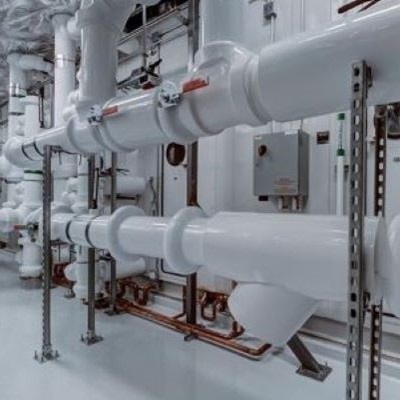This short course is focused upon delivering improved water and sanitation to the poor with a focus on services to the urban poor dwelling in slums and informal settlements.
To that aim, this short course introduces participants to the theory and practice of financing and management approaches in supplying water and sanitation, focusing upon the role of cost-reflective pricing targeted subsidies, to ensure financial and service sustainability for all. There is a strong emphasis on understanding costs through conventional accounting approaches to support transparency and participation. Appropriate governance structures, particularly the role of public, private and community management systems along with economic regulation, to support viable public private community partnerships for universal service, are also investigated.
At a glance
-
- Dates
-
- Please enquire for course dates
- DurationFive days
- LocationCranfield campus
- Cost£1400
What you will learn
On successful completion of this course you will be able to:
- Describe the economic and social drivers for the effective, equitable and efficient management of water and sanitation services,
- Explain the different institutional models for water and sanitation services, understanding strengths and weaknesses in different contexts,
- Assess the principle cost-categories for sustainable water and sanitation services, with respect to capital and recurrent costs,
- Evaluate different governance strategies for water and sanitation services, including centralisation, decentralisation and the appropriate use of regulation (or other accountability measures),
- Evaluate decision-making regarding appropriate financial management of water utilities (via simulated game).
Core content
- Institutional models for water supply and sanitation including the role of urban utilities and rural water supply options,
- Governance, sector-level change processes and the enabling support environment,
- Service delivery approaches - privatisation/Public Private Partnerships and Public Operator Partnerships,
- Introduction to the economic value of water, cost-reflective pricing and tariff principles, including understanding of basic subsidies,
- Demand responsiveness: Ability to pay and Willingness to pay,
- Decision-making for financial management: The Waterman Simulation.
Who should attend
This training course is suitable for those who work in the planning, implementation and management of sustainable water supply and sanitation projects with rural and urban communities in low and middle-income countries.
Accommodation options and prices
This is a non-residential course. If you would like to book accommodation on campus, please contact Mitchell Hall or Cranfield Management Development Centre directly. Further information regarding our accommodation on campus can be found here.
Alternatively you may wish to make your own arrangements at a nearby hotel.
Location and travel
Cranfield University is situated in Bedfordshire close to the border with Buckinghamshire. The University is located almost midway between the towns of Bedford and Milton Keynes and is conveniently situated between junctions 13 and 14 of the M1.
London Luton, Stansted and Heathrow airports are 30, 90 and 90 minutes respectively by car, offering superb connections to and from just about anywhere in the world.
Location address
Cranfield University
College Road
Cranfield
Bedford
MK43 0AL
Read our Professional development (CPD) booking conditions.

